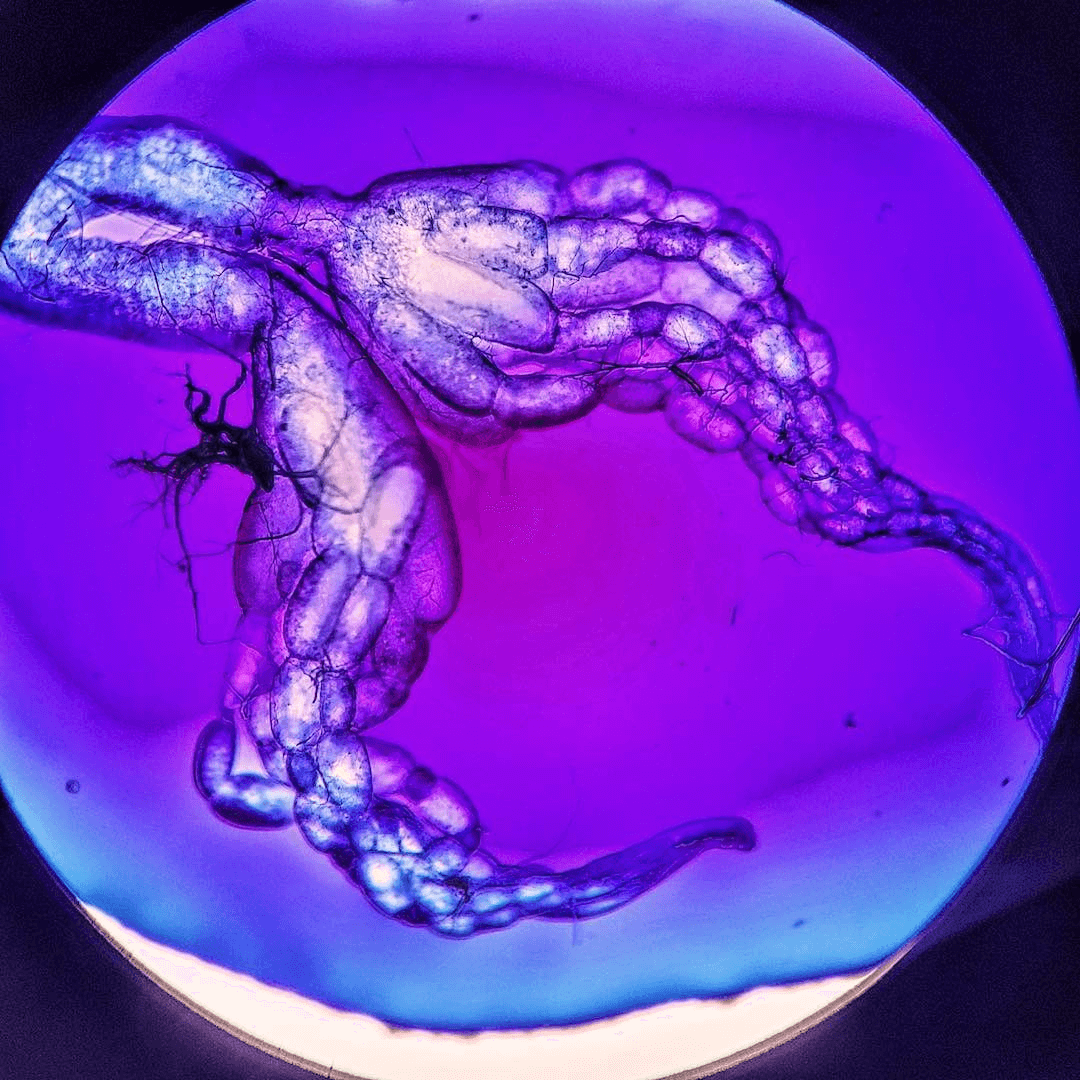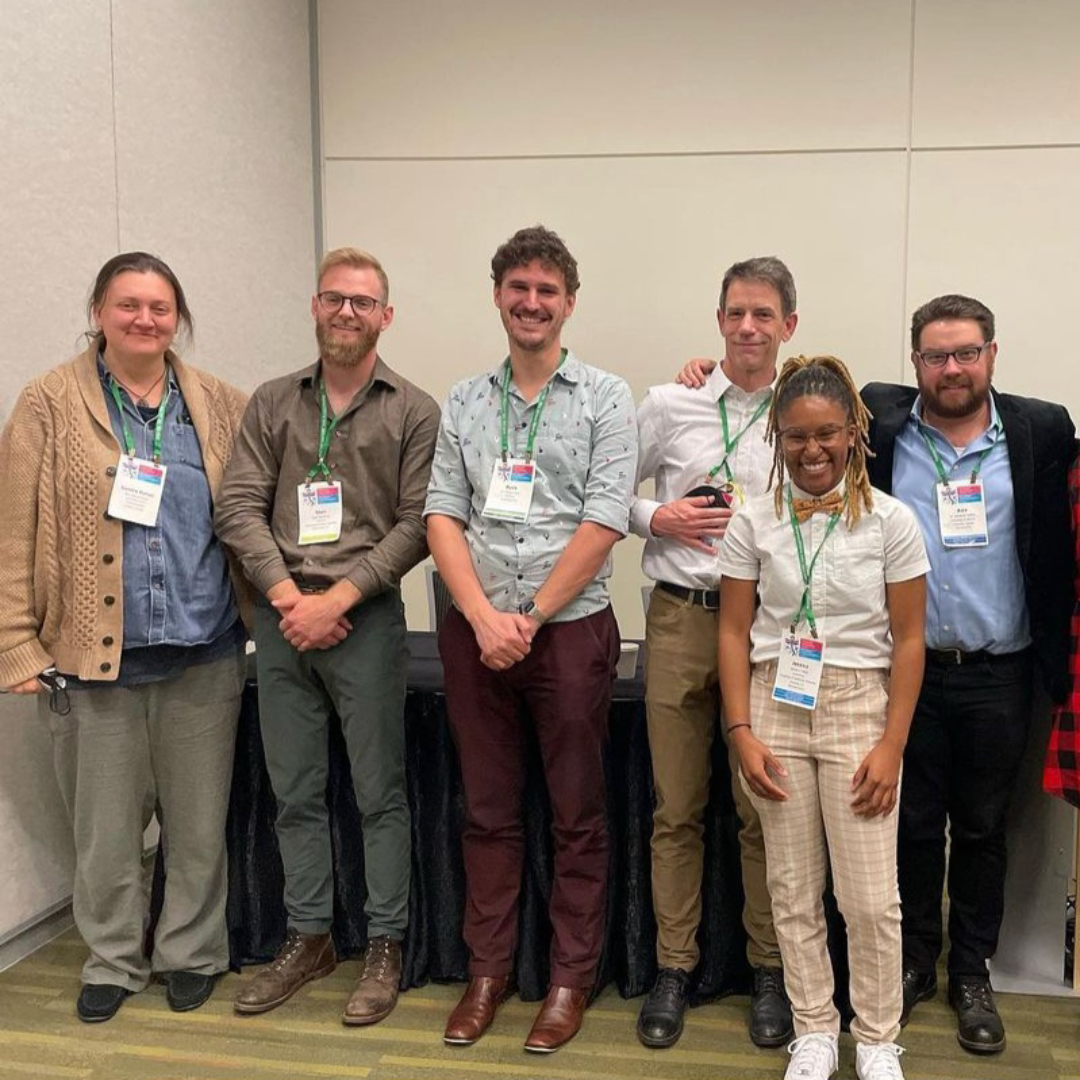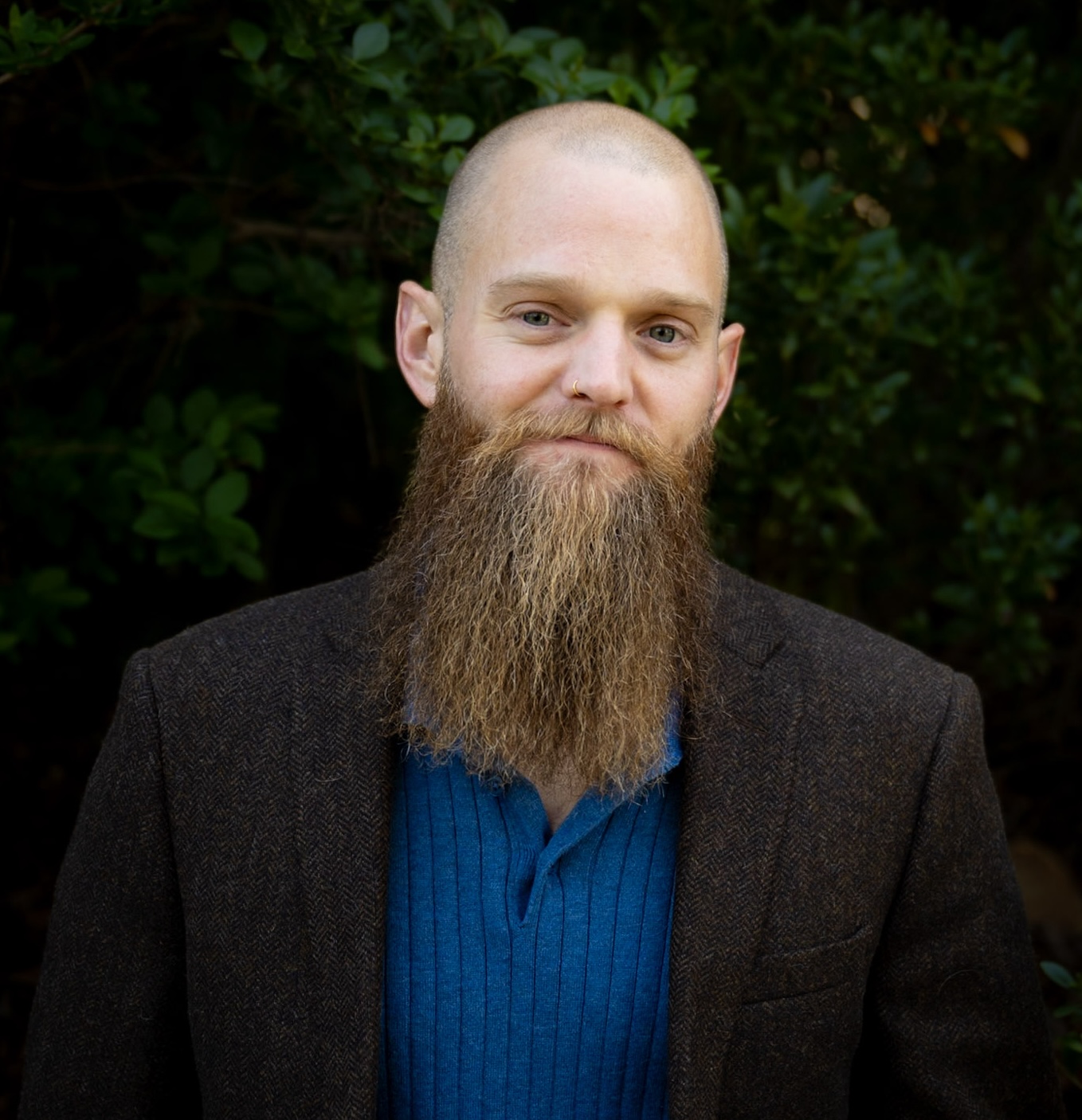I am a postdoctoral data scientist in the Department of Epidemiology and Institute for Data Science in Oncology at the University of Texas MD Anderson Cancer Center with Dr. Arjun Bhattacharya and Dr. Paul Scheet. My research investigates how gene regulatory mechanisms influence human development and health across the life course. I integrate multi-omic approaches with machine learning and statistical genetics frameworks to uncover how genomic and environmental factors shape developmental trajectories and disease risk. A unifying goal is to move beyond gene-level associations toward mechanistic, isoform-resolved models of gene regulation that deepen biological insight and support clinical translation. My work spans maternal-placental and cancer biology, focusing on how gestational exposures such as diabetes and environmental chemicals like PFAS disrupt placental gene regulation and contribute to altered fetal growth, neurodevelopment, and cancer risk.
I am currently seeking tenure-track Assistant Professor positions to investigate: What epigenomic changes during pregnancy contribute to the increased breast cancer risk and decreased survivorship associated with increased parity? How do environmental contaminants unique to rural areas (agricultural chemicals, oil/gas extraction byproducts) influence cancer prognosis and placental function? Do placental biomarkers from pregnancies affected by maternal dietary patterns or use of alcohol, tobacco or cannabis predict childhood metabolic and neurodevelopmental outcomes, and can we leverage these for development of targeted assays for detection and prevention in vulnerable populations?
I graduated with a PhD in Molecular, Cellular, and Integrative Biosciences from The Pennsylvania State University in 2024, supervised by Dr. Christina Grozinger and Dr. Michael Axtell in the Huck Institutes of the Life Sciences. Throughout my doctoral research, in which I was supported by the National Science Foundation Graduate Research Fellowship Program, I studied molecular mechanisms of phenotypic variation in honey bees (Apis mellifera), focusing on genetic and epigenetic regulation, including parent-of-origin intragenomic conflict, as drivers of behavioral and physiological responses to environmental conditions.
I graduated in 2019 from the University of Nebraska at Omaha (UNO) with a BS in Neuroscience. As an undergraduate, I was awarded a research grant through the UNO Fund for Undergraduate Scholarly Experience to investigate the genetic basis of stress coping behaviors in zebrafish using CRISPR/Cas9 with Dr. Ryan Wong in the Department of Biology. I also worked with Dr. Jim Rogers in the Department of Mathematics to develop a network model of protein-protein interactions in macrophage cells to study HIV infection.
See my CV for more details.






























